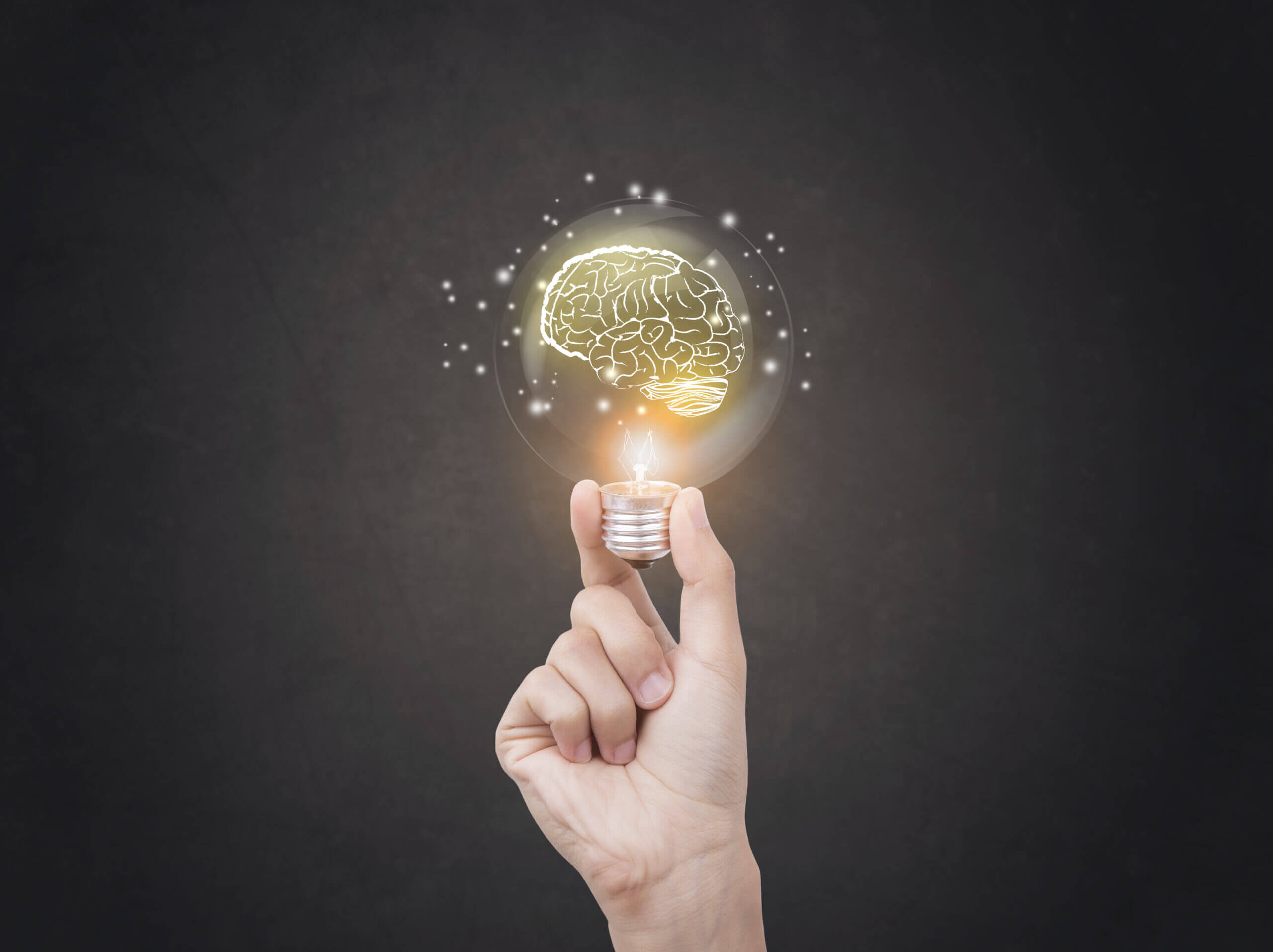What is chemo brain?
According to the National Cancer Institute in the United States, millions of people have survived cancer and enjoy longer lives. As a result, many studies examine the long-term side effects of cancer and its treatments. One of those side effects is cognitive impairment that can occur before, during, or after treatments and can significantly impact quality of life and functioning. In recent years, there has been a demand from experts to conduct cognitive monitoring and provide interventions for cognitive impairments as part of comprehensive oncology care.
Chemo Brain, also known as chemobrain or chemotherapy-induced cognitive impairment, is a term introduced in 2012 by Dr. Tim Ahles and his colleagues to describe cognitive problems that may occur during and after cancer treatment. Cancer survivors often report decreased concentration and memory abilities, reduced processing speed, mental fog, and difficulty finding words. These issues can also appear in patients who have not undergone chemotherapy but have been treated with hormones, radiation, or surgery.
Researchers are still trying to understand how chemotherapy affects the brain and to what extent. While most chemotherapeutic drugs do not cross the blood-brain barrier, whose role is to filter the blood entering the nervous system to neutralize harmful effects, some chemotherapeutic drugs have direct effects on the brain. Additionally, according to Dr. Ahles, most chemotherapeutic drugs affect DNA in some way, and these effects can lead to brain changes.
How common is it?
Many people experience cognitive difficulties during cancer treatment. There are multiple reasons for this beyond chemotherapy, including the cancer itself, fatigue, weakened immune system, anemia, nutritional deficiencies, hormonal changes, pain, the use of pain relievers, and sedative medications, among others. Furthermore, there are risk factors contributing to cognitive decline in patients, such as age, comorbidities (e.g., heart disease, hypertension, diabetes), and mental conditions like anxiety and depression.
According to Dr. Tim Ahles, cognitive recovery is generally slow after treatment, with about 75% of survivors reporting a return to normal cognitive function approximately one year after completing treatment. However, there are many survivors whose cognitive function does not return to what it was before cancer diagnosis. This impairment can significantly impact their quality of life, ability to return to work, work productivity, completion of studies, and more.
What can be done?
It is important to update your treating physician and share these feelings with your close environment. Assistance can be sought, and new ways of coping with the new difficulties can be explored. In terms of treatment, the common approach to dealing with “chemo brain” today mainly relies on physical activity, meditation, and cognitive rehabilitation.
Physical activity, such as walking, can improve blood flow to the brain and promote nerve regeneration, thus enhancing processing speed and cognition. Regular activities like gardening, crafts, and pet therapy can aid in improving concentration.
Meditation involves daily practice of breathing exercises, mindful movement, or seated mindfulness, which helps balance and calm the nervous system, improves concentration, and allows for more synchronized brain activity.
Cognitive rehabilitation teaches us to enhance cognitive abilities by understanding how the brain works, developing new learning strategies, using techniques and aids, and training and practicing the skills we struggle with. Similar to physical rehabilitation after a physical injury, cognitive rehabilitation helps the brain heal. Neuropsychologists or occupational therapists can be consulted for guidance and tools, but there are also things that can be done independently at home, such as computerized cognitive training.
What is computerized cognitive training?
Effective, in collaboration with neuropsychologists and brain research experts, has developed software for cognitive training. Through a specialized training program, cognitive skills can be practiced, new strategies can be learned, and memory, concentration, and thinking abilities can be strengthened. Training on the software is performed on a computer or tablet at the desired frequency in the home environment. Carefully developed computerized cognitive training is a versatile work program. At Effectivate, it is not possible to only do exercises that we enjoy and neglect what is less enjoyable or more challenging for us. Effectivate offers a training session of about 15 minutes that includes several exercises in various domains and at different difficulty levels, as well as lessons that teach techniques for improving the practiced skills.
https://www.ncbi.nlm.nih.gov/pmc/articles/PMC3675678/



